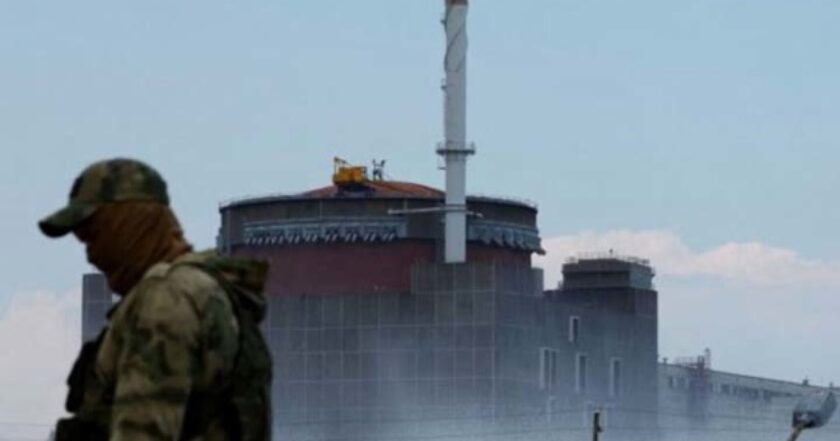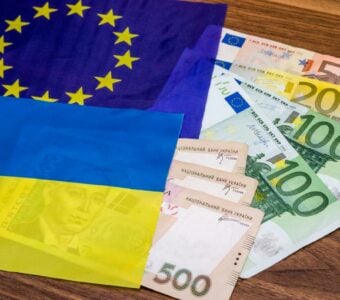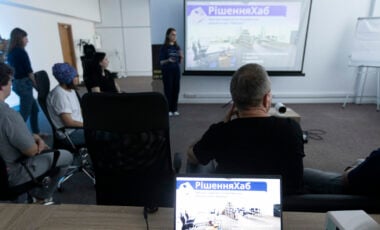Powerful explosions rang out near occupied Zaporizhzhia nuclear plant – IAEA report

This week, IAEA experts recorded powerful explosions at the Zaporizhzhia nuclear power plant, which was seized by Russian forces in March 2022.
The IAEA experts staying at ZNPP reported that they have been hearing explosions every day for the past week. One of them last Friday evening probably occurred near the plant itself.
The team has not been able to definitively determine the origin and location of the explosions, except for the one that occurred yesterday, February 22.
According to ZNPP employees, the strong explosion was part of Russian "field exercises". There was no damage to the plant and no casualties.
"I remain deeply concerned about the situation with nuclear safety at the largest nuclear power plant in Europe, located on the front line in Ukraine. Our experts' reports indicate possible hostilities near the plant. I once again call on all parties to strictly adhere to the five specific principles for the protection of nuclear power plants and to avoid any attacks or military activities that could threaten nuclear safety and security," said IAEA chief Rafael Grossi.
In February, the IAEA rotated its missions to four Ukrainian nuclear power plants. The UN Nuclear Energy Agency says that frequent power outages remain a source of serious concern for nuclear safety at Zaporizhzhia NPP.
Ukrainian officials have repeatedly reported the risks of the attack at the plant. Energy Minister Herman Galushchenko said that Russia could create conditions that would cause a nuclear incident after the de-occupation of Zaporizhzhia NPP by Ukrainian troops.
The IAEA confirmed the presence of mines at the Zaporizhzhia NPP, which were previously installed by the invaders.
Since its seizure by the Russians, ZNPP has repeatedly lost an external power source, with seven complete blackouts and one partial blackout already occurring at the plant.
The occupied plant poses a new threat to radiation and nuclear safety, as the six-year period allowed by the manufacturer for nuclear fuel in all six reactors will soon expire.






















































